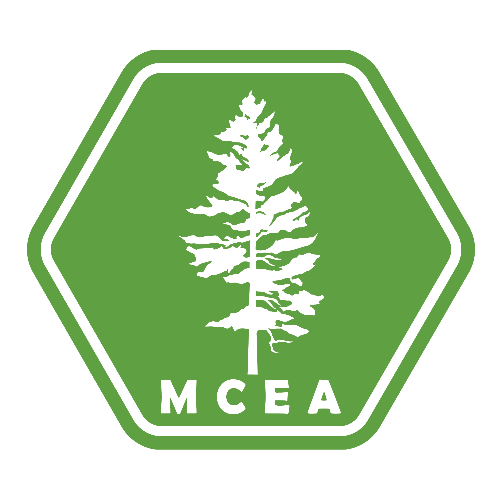Rebecca Kling, rebecca.kling@sierraclub.org


DULUTH, MN -- Earlier today, the Sierra Club and the Minnesota Center for Environmental Advocacy held a joint press conference to discuss yesterday’s petition delivery of almost six hundred signatures calling for Minnesota power to:
- Address the climate crisis by committing to a 100% clean energy portfolio of wind, solar, storage and efficiency, retiring the Boswell coal plant by 2030, and stopping plans to build new fracked gas plants like the Nemadji Trail Energy Center in Superior, WI
- Develop community and worker transition plans with communities impacted by the retirement of the Boswell coal plant
- Provide equitable access to all of clean energy’s benefits
- Ensure fair costs to all ratepayers
- Plan for clean, smart electrification of transportation and buildings
- Protect all ratepayers by halting utility shut-offs for the duration of the coronavirus pandemic
“Minnesota Power talks a big game when it comes to renewable energy,” said Jenna Yeakle, Duluth Organizing Representative with the Sierra Club, “but the utility’s vision for carbon-free energy by 2050 isn’t groundbreaking or what’s needed. The Northland needs a transition to 100% clean energy in a way that not only supports plant workers and communities but prioritizes communities historically harmed by pollution and systemic inequities. I’m excited to support folks across our region in advocating for their vision for our shared energy future in the upcoming IRP.”
”Scientists agree that time is running out to avoid the worst impacts of climate change,” said JT Haines, Duluth-area spokesperson with the Minnesota Center for Environmental Advocacy. “In other words, we don’t have time for new fossil fuel infrastructure. We look forward to reviewing plans with the company during the upcoming IRP process which do not include a brand new gas plant on the customer dime.”
“Everyday the climate crisis and its symptoms kill people, especially those made vulnerable by systemic racism, ableism and bigotry,” said Izzy Laderman, Organizer with Friends of the Climate and Disability Awareness Around the Climate Crisis, Senior at Duluth East High School. “As a disabled and chronically ill person, I know a lot about symptoms. To treat a condition, you must both treat the symptoms, like the pollution and disasters, but more importantly the root of the cause. And the root of this cause is heartless companies putting profit over people.”
“Our future depends on the decisions we make now,” said Stine Myrah, University of Minnesota Duluth Chapter of MPIRG. “Minnesota Power has a responsibility to the public to aggressively transition to clean energy, and their newly announced “carbon-free vision” fails to do this. As citizens we have a responsibility to step up, call out our energy providers, and demand a plan that allows us to have a future with clean air, water, and land for all.”
A video recording of the press conference is available online by clicking here.
About the Sierra Club
The Sierra Club is America’s largest and most influential grassroots environmental organization, with more than 3.5 million members and supporters. In addition to protecting every person's right to get outdoors and access the healing power of nature, the Sierra Club works to promote clean energy, safeguard the health of our communities, protect wildlife, and preserve our remaining wild places through grassroots activism, public education, lobbying, and legal action. For more information, visit www.sierraclub.org.
About the Minnesota Center for Environmental Advocacy
For nearly half a century, MCEA has worked to enact and enforce smart environmental laws in Minnesota. With offices in St. Paul and Duluth and a team that includes some of the state's foremost environmental law and policy professionals, MCEA educates about issues and supports communities in their fight to protect their environment. MCEA is unique in Minnesota in its use of top legal expertise in the pursuit of environmental justice. For more information, visit www.mncenter.org